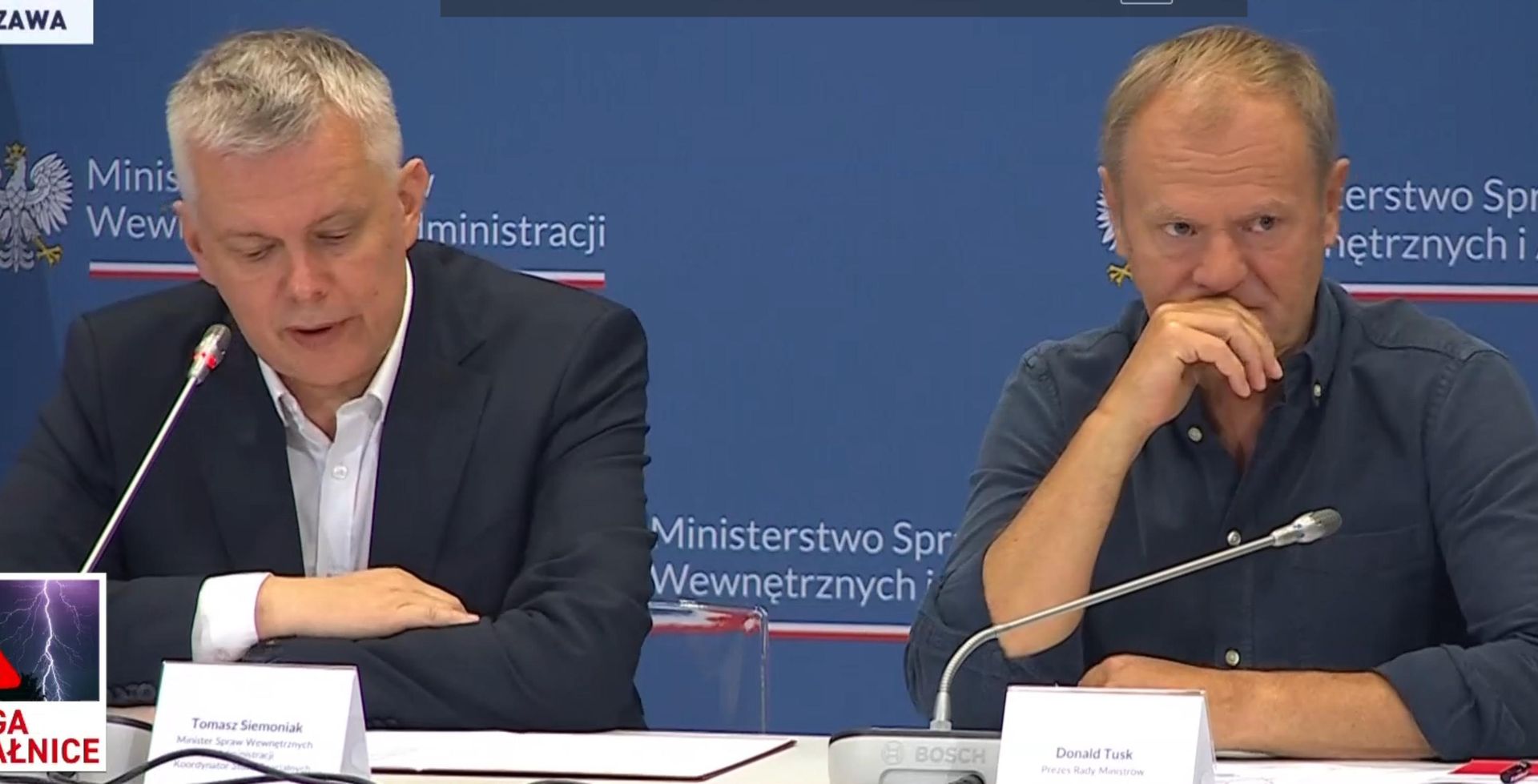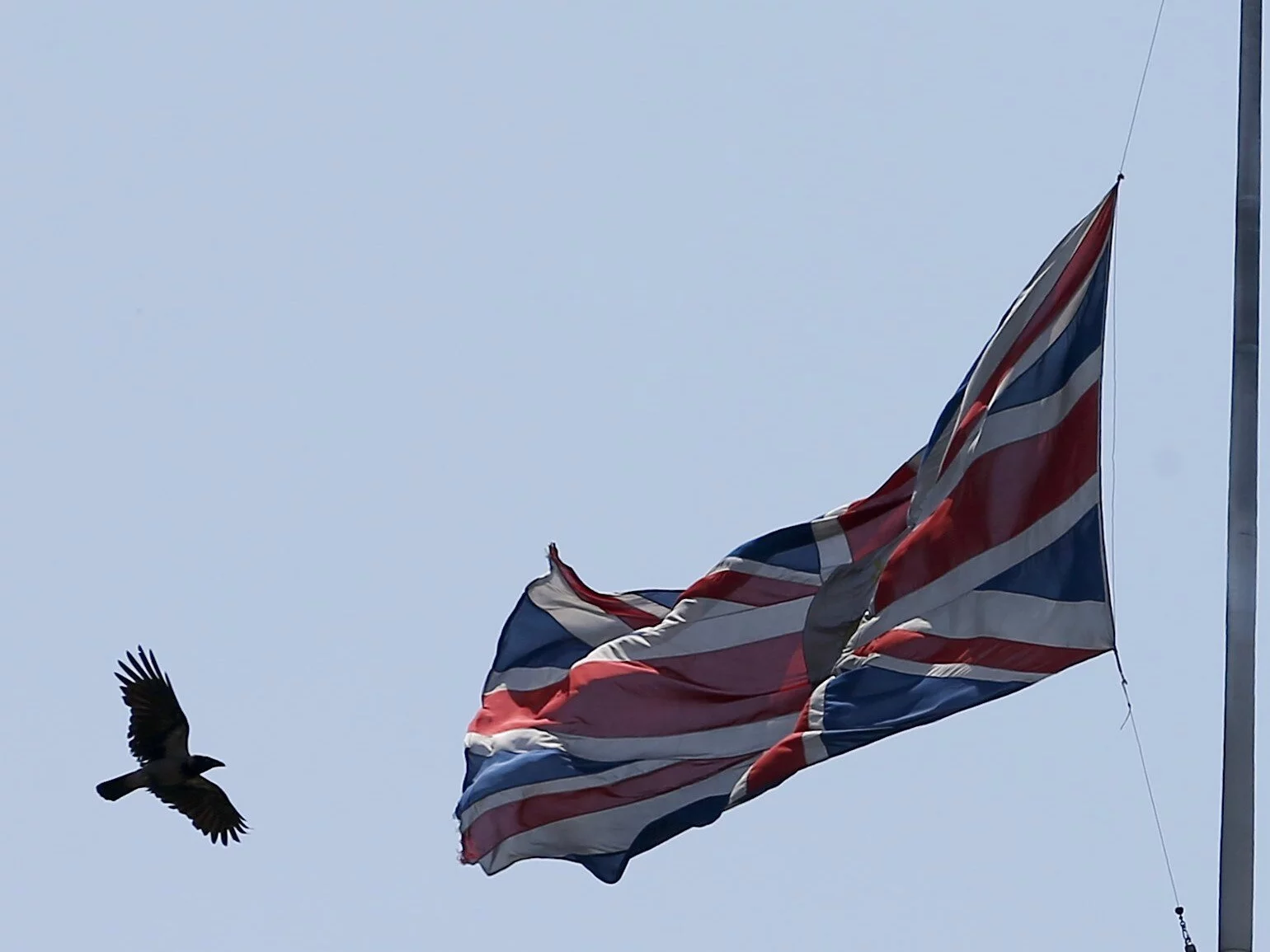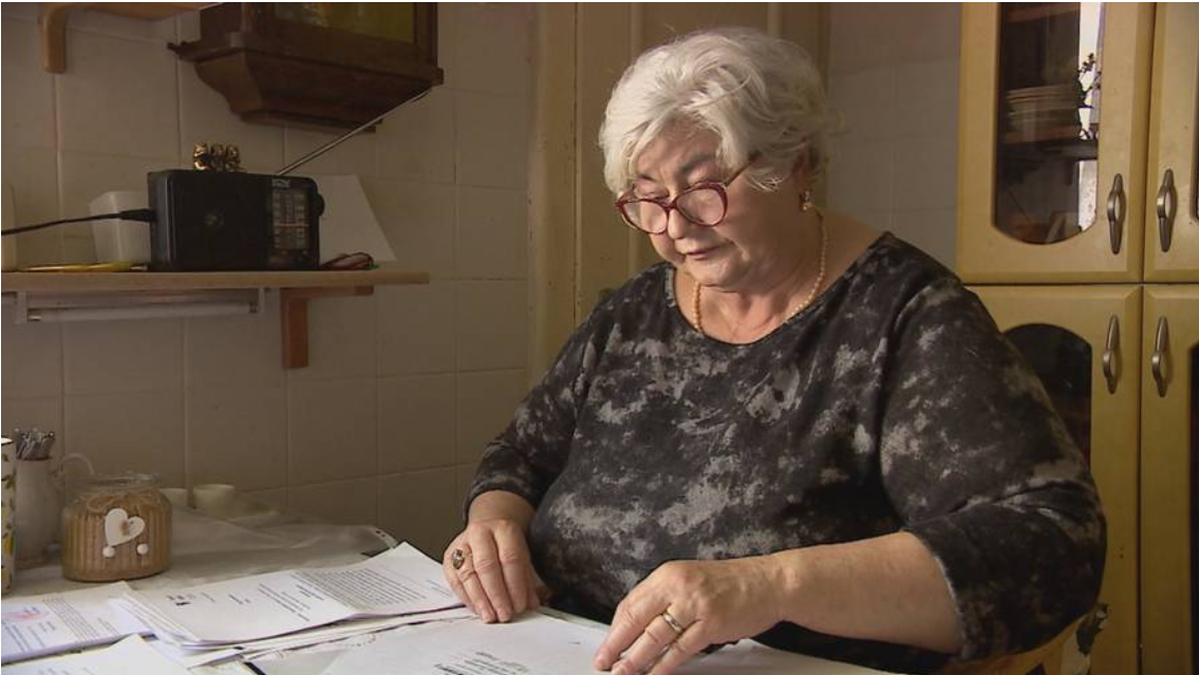Following the introduction of martial law and economical sanctions by the United States, the economical situation of the country was disastrous. GDP fell by more than 40% from 1980 to 1983 and only reached pre-war position in 1986. Real income for the population in just 2 years fell by 30%. It was so bad that in 1981 the government announced a suspension of abroad debt repayment, which amounted to $26 billion (today this amount must be multiplied by at least three). Inflation from 1980 until the end of 1988 was almost 300 percent.
In specified a situation, the authorities agreed to negociate with a average opposition centered around Lech Wałęsa. In August 1988, talks in Podwarszawska Magdalena led to the circular Table, which ended with the signing of the agreement on 5 April 1989. The gathering was not attended by Solidarity Fighting, Confederate of Independent Poland, Independent Association of Students or as well-known opposition activists as: Andrzej Stara, Anna Walentynowicz, Krzysztof Wyszkowski, Wiesław Chrzanowski, Bronisław Komorowski, Bogdan Borusewicz.
It was decided that in the elections to the Sejm, the government organization would receive 65% – 299 seats. Including PZPR – 173, ZSL – 76, SD – 27, Christian organizations (related to power) – 23. The solidarity side was expected to get 161 tickets.
















